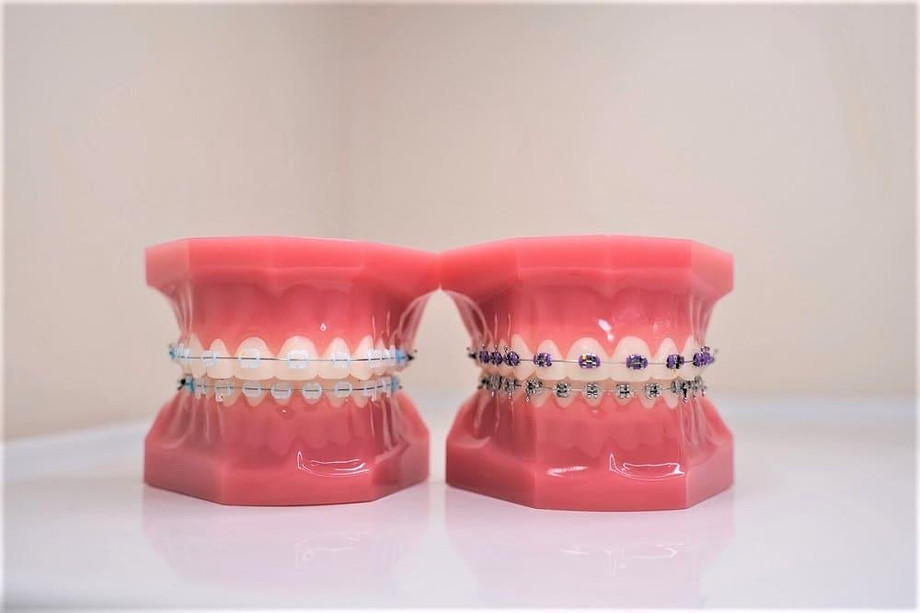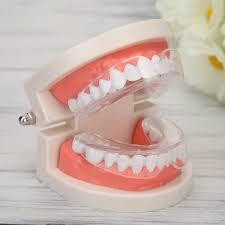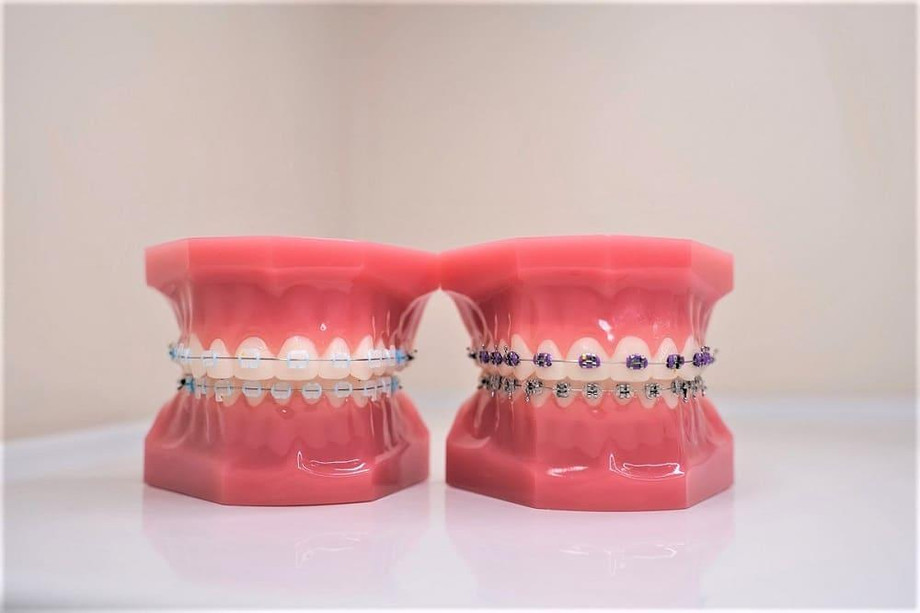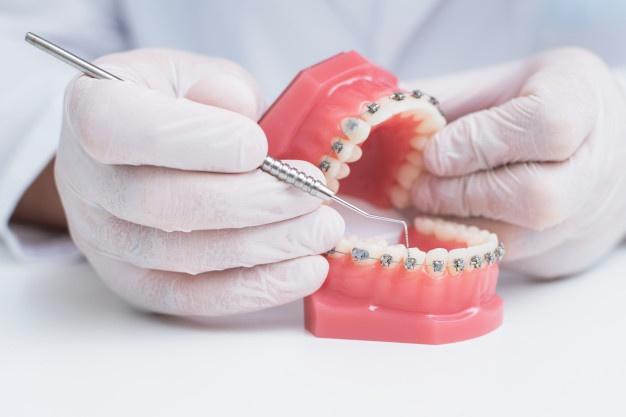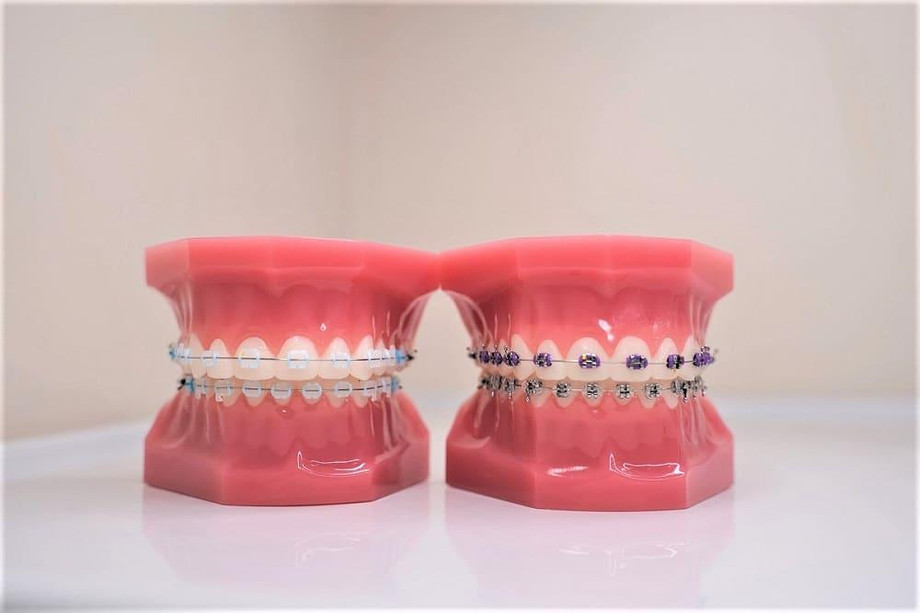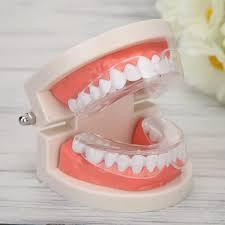celestepecks's blog
Brushing, flossing, and use of mouthwash are three of the most common steps which can help in giving adequate dental care. However, what is it that you need to do so as to ensure you do not suffer from periodontal disease or have to undergo tooth extraction or dental restorations? It is a common notion that alone brushing, flossing, and mouthwash give the best dental cleaning but that is not true and this is what we will be discussing today. If you are suffering from serious oral issues, visit Emergency Dental.
Why is tooth cleaning essential?
Tooth cleaning is a really essential part of oral hygiene. We understand that you do brush your teeth followed by flossing and you have also invested in electronic toothbrushes but is it helping in any way? Or are you falling prey to oral cavity and gum diseases? According to the experts, we should undergo dental cleaning twice a year. In case you are suffering from gum disease then the frequency of cleaning will be higher. If the problem is causing a DentalEmergency, visit the dentist immediately.
Importance Of Dental cleaning at the office:
Deep cleaning teeth helps in getting rid of plaque which in turn prevents tooth decay and gum disease. It is mandatory to relieve such dental problems because this may end in tooth loss. The procedure is pretty simple. First, you need to ensure that you brush twice a day. This helps in getting rid of germs and bacteria early in the morning and thereafter at night. Further, you need to make sure that you floss. Flossing helps in reaching out to places where your toothbrush cannot reach. It removes any trapped food which can lead to catastrophic damage such as the development of plaque and tooth decay. Once these two steps have been completed you need to make sure that you are using mouthwash which gives you fresh breath and fights with the leftover germs.
Dental Deep Cleaning; The Procedure:
- If after all these steps you are unable to accomplish what you seek, then the succeeding step should be your visit to the nearest dentist. Before starting the dental cleaning procedure your dentist will conduct a thorough oral examination which will help them determine the current state of your teeth. They will look for gingivitis (gum disease), large cavities, and other potential issues. Thereafter they will perform the procedure which will help in the removal of plaque and tartar. This is done with the help of a scalar which helps in scraping off the plaque and tartar.
- In the next step, your dentist will perform brushing. This brushing is different from the way we do it at home. Your dentist will be using a powerful electric brush and special, slightly rough, toothpaste to scrub your teeth. Any leftover plaque will be removed with the help of this procedure. This is a deep cleaning procedure that even polishes the enamel.
- The next step in dental cleaning at a clinic is flossing. This removes any debris and bacteria from the last step. These leftovers can enter your mouth causing serious damage. Flossing is important and should be performed twice. It helps in eliminating any leftover food debris or toothpaste. These leftovers when coming in contact with bacteria can cause serious problems such as tooth decay which can lead to periodontal disease. The only way to cure periodontal disease is through tooth extraction and dental restorations.
- The last step that your dentist near me will perform in the dental cleaning procedure is fluoridation. He/She will apply fluoride which keeps your teeth strong and resistant from the cavity. Depending on your age and requirement you may need to rinse fluoride or perform a second brushing.
These were some easy dental cleaning steps that can be performed by you at home. There was no difference in the steps that were performed at a dental clinic. The only difference that you will see is a different type of toothpaste and much better knowledge of how to do things.
Article Source : https://emergencydentistinhouston.blogspot.com/2021/11/dental-deep-cleaning-how-to-keep-gums.html
Dental lasers have been used from a very long time ago in the field of dentistry to fix various oral issues. However, there might be few risks and side effects. A dental laser is a sophisticated and minimally invasive technology designed specifically for use in oral surgery and dentistry.
What is Laser Dentistry?
In laser dentistry, a wide-ranging dental instrument is used to deliver a visible light wavelength or an invisible infrared light wavelength to address issues related to soft oral tissues and dentition. The high-energy beams of light are delivered at various wavelengths and the intensity of the light is adjusted depending on type of procedure or surgery. If you are considering the cost factor then is around the dental bridge cost. So you can expect the Cost Of Veneersor approximate this with the dental bridges.
Types:
Hard tissue (teeth) laser technology and soft tissue (gums) laser technology are the two types of lasers approved by the US Food and Drug Administration for use in oral treatments of the teeth and gums.
Both laser technologies are used in conjunction with other dental instruments to:
- Detect and treat tooth cavities
- Identify early signs of decay within teeth
- Fluoride Treatment
- Desensitize teeth during surgery
- Treat gum diseases
- Perform dental filling procedures
- Remove overgrown gum tissues
- Reshape and restore gum and bone tissues to improve the aesthetics of your smile
- Perform teeth whitening
- Correct crown length
- Uncover an unerupted or partially erupted tooth
- Carry out biopsy procedures
- Decrease or eliminate the tooth sensitivity to hot and cold stuff
Advantages:
Dental lasers are considered to be exceptionally safe and effective, with many dentists now considering lasers to be even more accurate and more efficient than traditional treatment methods.
Laser dentistry procedures have proven to be more precise, less invasive, and less time-consuming. Procedures performed using lasers result in less bleeding, lesser pain, and eliminate the need for painful stitches and drilling. Since the laser-assisted procedures are less invasive the patient experiences no discomfort and heals faster
Dental lasers are advantageous in many ways:
- Painless treatment
- Eliminates the need for stitches or traditional anesthesia and drills
- Prevents blood loss and bleeding during treatment
- Fewer bacterial infections
- Minimal risk of damage to surrounding tissue
- Nullifies side effects and maximize comfort
- Eliminates the discomfort of aphthous ulcers
- Reduces discomfort during surgery
- Speed up in-office dentistry procedures
- Faster recovery time
In dentistry, lasers act as a cutting tool, vaporizer, strengthening tool, or heat source, hence both the dentists and the patient require eye protection to prevent eye injury. Experts suggest that patients undergoing laser dental work must wear special eyeglasses to protect their eyes from the light of the laser. The safety of laser dental treatment also largely depends on the expertise of the dentist. When used by skilled dentists, laser dental technology can yield remarkable results.
Article Source : http://emergencydentistinhouston.website2.me/blog/what-is-the-use-of-laser-in-cosmetic-dentistry
Root canal therapy has become quite popular these days as with the advancement in technologies, people can cut down on their fear as earlier it used to be. The drills are however the same as these kinds of treatments are not suggested to the patients if the problem is inside the normal boundaries and is controllable. A root canal is like the intake of steroids as the treatment resolves the problem in quick time but has few side effects that take time in vanishing. For more information, you should continue reading this post.
What are the reasons for root canal treatment?
Root canal treatmentis important once the pulp, the soft tissue within the basis canal, becomes inflamed or infected. There are an entire host of reasons why you would possibly like root canal treatment:
- Faulty crown
- Deep decay
- Repeated dental procedures on the tooth
- Crack or contribute the tooth
In addition, an injury to a tooth could cause pulp injury although the tooth has no visible chips or cracks. If pulp inflammation or infection is left untreated, it will cause pain or cause a symptom.
Advantages of root canal treatment
Here are some of the advantages of root canal treatment listed below:
- Benefits of saving the natural teeth
However, for needing passage treatment, there are several clinical reasons. There are uncounted reasons why saving the natural tooth could be a wise selection. Root canal procedure helps you maintain your natural smile, continue consumption of the foods you’re keen on, and limit the necessity for in-progress dental work.Most teeth that have had root canal treatment can last a period, with correct care.
- Virtually painless procedure
Due to frequent modern technologies, you will feel less pain. Efficient tooth extraction will take longer than passage treatment thanks to follow-up appointments needed for a dental appliance, bridge, or implant, from a root canal specialistand the value could also be higher. Most dental insurance plans use dental medicine treatment.
- Appealing result
Crowns do not singularly operate like natural teeth; they appear nice too. Improve your smile and laugh aloud once more with passage treatment. Take the time to be told additional concerning passage treatment and a few of the common misconceptions concerning it then take the primary step to a painless, healthy mouth by a dentist open Saturday near you.
What is the advice given by the dentist after root canal therapy?
The patients are provided with a fully-fledged rest plan by a root canal dentistin which they are told not to eat any extreme temperature food items such as coffee and ice cream. After the therapy, the tissues and gums are weak and they can be greatly affected if proper measures are not taken. The techniques used are very much complicated and you will not even experience the slightest bit of discomfort during the procedure. In this, laser treatments are also included which are optional but highly effective. Your affected tooth will be provided a direct impact with a cool UV ray that will automatically destroy the faulty tissues for the removal.
Article Source : https://emergencydentistinhouston.blogspot.com/2021/10/what-are-reasons-and-advantages-of-root.html
